We both know that teacher parent communication although challenging at times, is key to a successful school year! Research shows that the more parents and teachers share relevant information with each other, the better equipped they will be to help a child achieve… So, how can teachers communicate effectively with parents, and who really benefits from teacher parent communication?
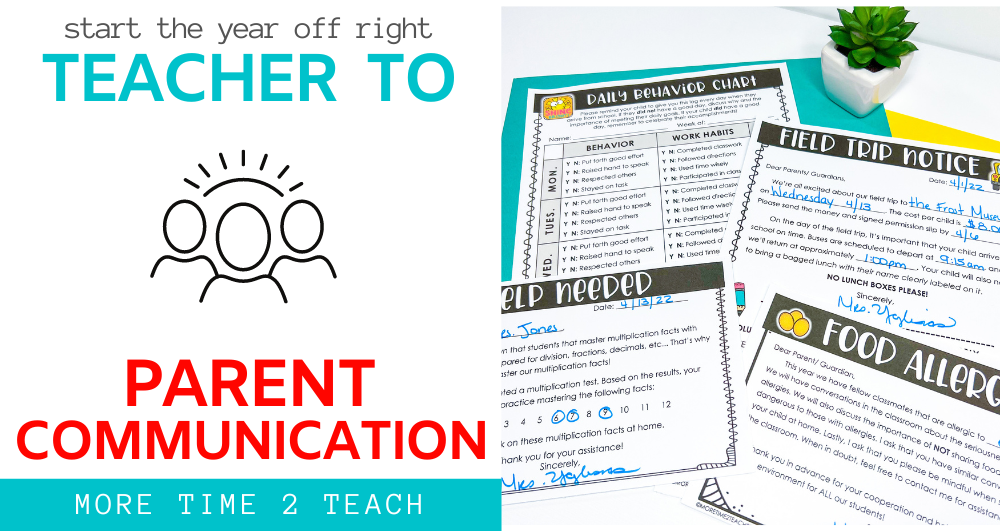
How to communicate with parents effectively?
How can teachers communicate with parents without feeling overwhelmed?
1. Home Communicators
Home communicators are folders of stapled student work (graded or not graded) sent home once a week for parents to review and sign. It gives parents an opportunity to see what skills their child is struggling with and what areas they excel in.
My Home Communicators go home every Friday and are returned on Monday. This gives busy parents a few days to review. I regularly write comments on the log sharing how a student is progressing, any concerns I have, suggestions for how they can help at home, or a positive note! If a parent has a question or concern, they can communicate it through the log. Home Communicators have been a great form of teacher parent communication!
2. Parent Letters
One of the ways to communicate with parents is through letters or quick notes that are printed or sent home digitally. At the beginning of the year, print a few copies of your most frequently used notes. Print on bright paper such as Astrobrights so they’re easy to spot. If possible, send them home in English and Spanish.
If you don’t have time to write up your own parent letters, check out these prewritten and editable letters for parents… They’re truly a lifesaver!!!
3. Text Apps (such as Remind)
Everyone these days has their cell phone with them at all times. That makes communicating by text app a great method of teacher parent communication. You can use a free messaging app such as Remind, that does not share your phone number, to periodically send out reminders. These quick messages help parents stay up to date on special events, dress down days, schedule changes, or important class information. In the case of an emergency, it can be used to communicate quickly.
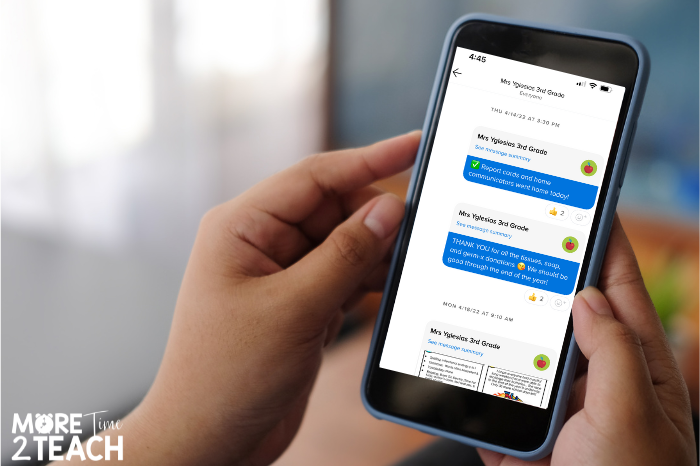
A tip when communicating with parents via any app is to turn off parents’ ability to respond to your messages, especially at the beginning of the year. As the year progresses and the need arises, inform them of your “office hours” and enable this feature.
4. Class Newsletters (Weekly/Monthly)
Keep your parents up to date with what’s going on in the classroom by sending home weekly or monthly newsletters. You can create a simple template at the beginning of the year and update it regularly. Sending digital copies via the Remind app will save you time and paper. Most of my parents actually prefer this method because they enjoy having a copy of the newsletter with them easily accessible on their phones.
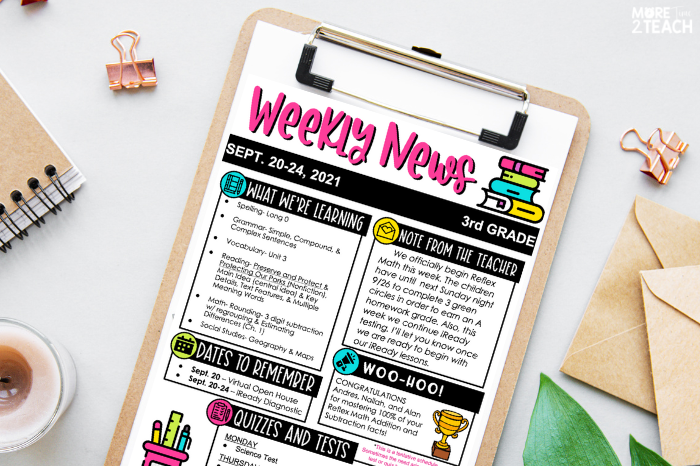
If you don’t want to create a newsletter from scratch, there are many editable templates on Teachers Pay Teachers. The editable template I used from Create Teach Share was easy to use and versatile!
5. Parent Conferences or Contact
Parent teacher conferences are usually held once or twice a year. However, it’s important to keep in mind that if the need arises to make additional contact with parents via phone or in person, it’s best to do so. Always prepare what you want to discuss ahead of time, don’t just focus on the negative, document your meetings in a log, and ask parents for their input. It’s important to remember that T-E-A-M mentality during conferences.!
Who benefits from teacher parent communication?
Teachers communicating with parents provides benefits to teachers, parents, AND students… SO EVERYONE BENEFITS! That’s why it’s important to develop a strong relationship right from the start.

PARENTS BENEFIT
- because they’re seen as a partner in their child’s education… It’s a team effort!
- because they’re aware of what’s going on with their child (academically, socially & behaviorally)
- because they can get ideas from the teacher on how to best help and support their child’s learning from home
- because they’re better able to address their child’s needs as soon as they arise when they are kept in the loop
TEACHERS BENEFIT:
- from a better understanding of their students’ family culture or dynamics
- because parents who are involved tend to have a more positive view of teachers. This leads to improved teacher morale
- because knowing they have parent support, frees them up to focus more on teaching rather than dealing with behavior issues
- because learning about students’ home environment or any developments at home, allows them to carefully monitor for any changes in behavior
STUDENTS BENEFIT:
- from attending school on a regular basis. When parents understand the importance of their child being present and on time, they’re more likely to avoid unnecessary absences
- because parental involvement increases student’s motivation to learn & have a positive attitude about school in general
- because parental involvement raises academic achievement. When parents are made aware that their child is struggling, they can provide further support and assistance at home
- because students demonstrate improved behavior when they know their parents are communicating with the teacher
Effective communication is essential for building school-family partnerships. It constitutes the foundation for all other forms of family involvement in education.
Reading Rockets
if you’re having trouble communicating with a parent, don’t give up! Just about every parent wants what’s best for their child even if it might not seem like it at the moment… Remember, when teachers and parents come together, we’re better equipped to help children find success!
Hopefully, you now have a few ideas on how to best maintain those lines of communication open! And if you don’t have time between lesson planning and teaching to write letters to your parents, check out these Editable Parent Letters that are READY TO GO!

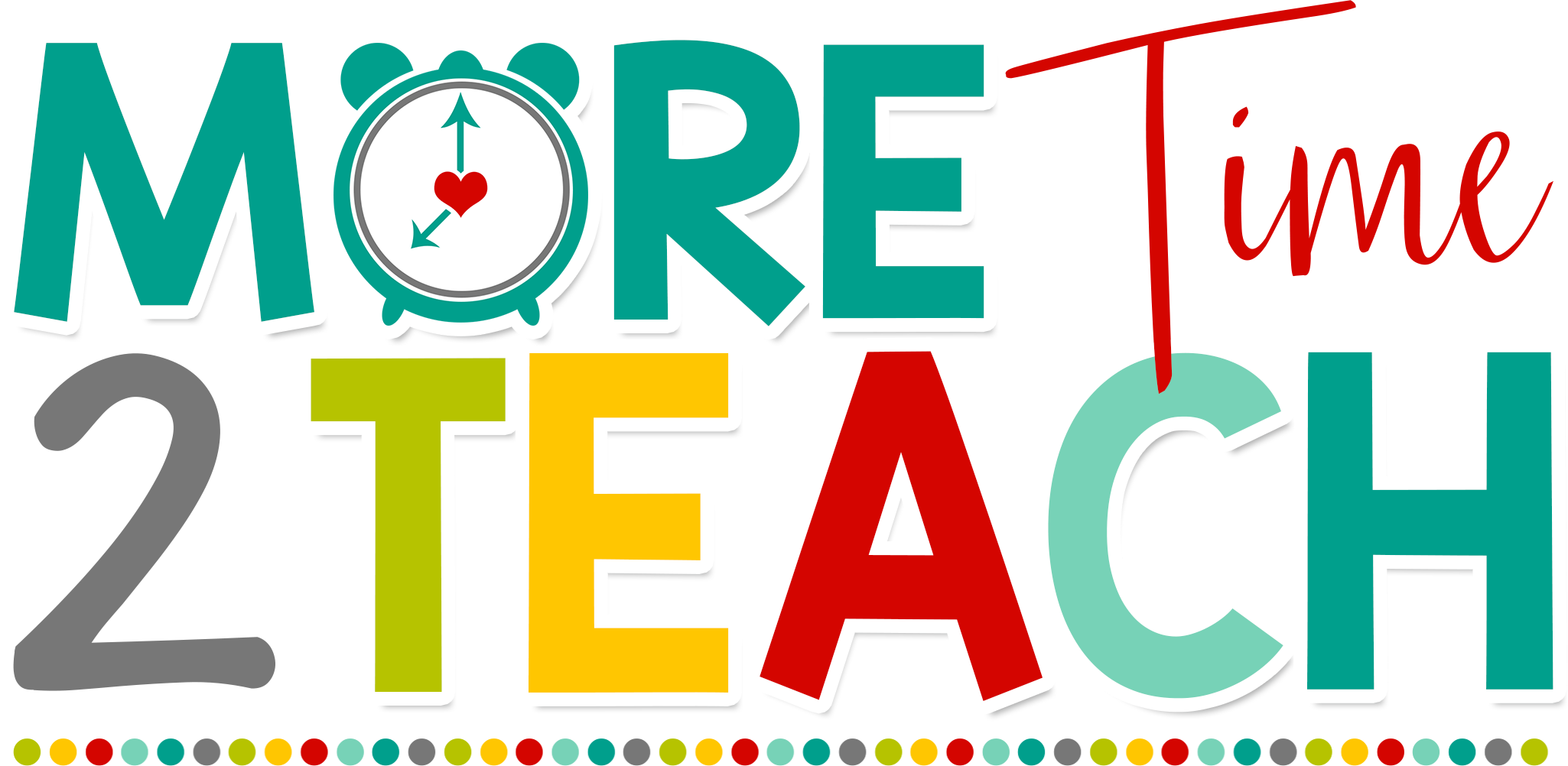
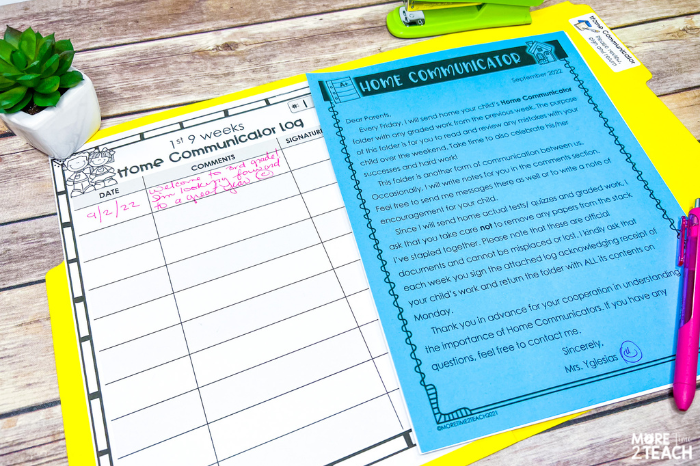
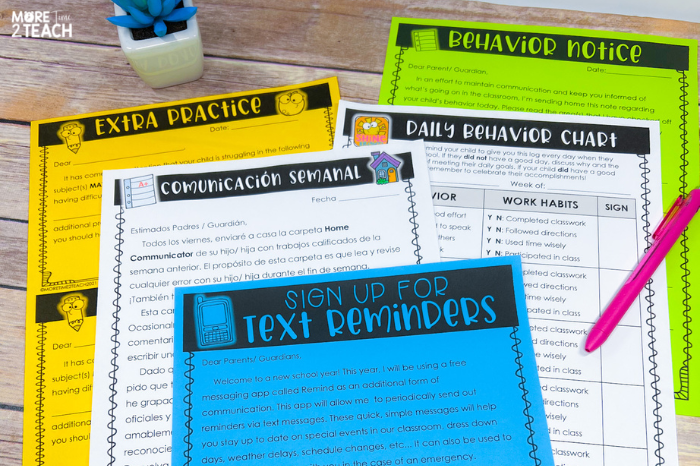
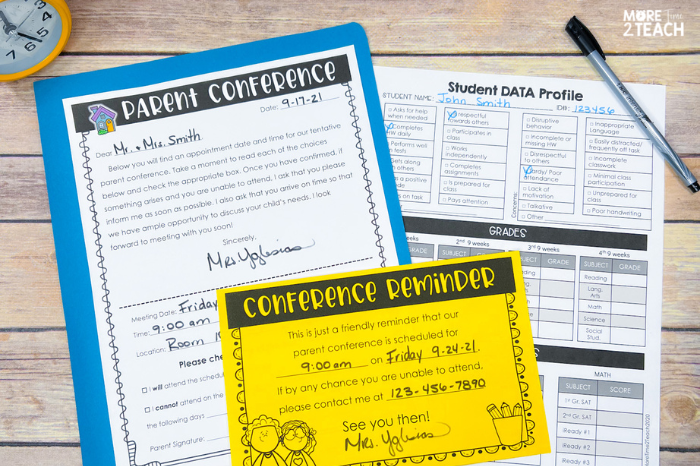
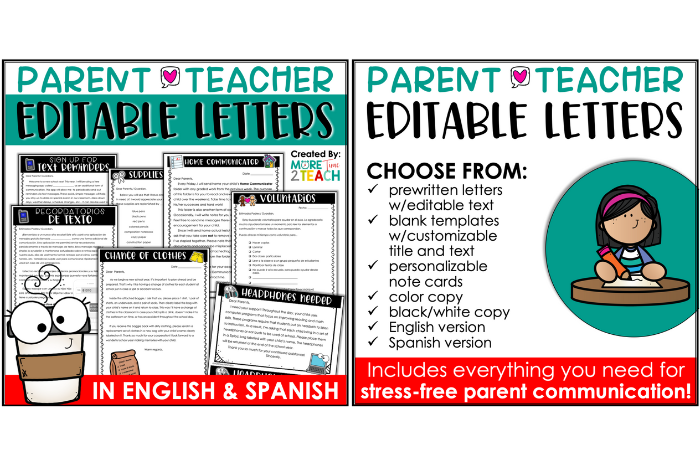
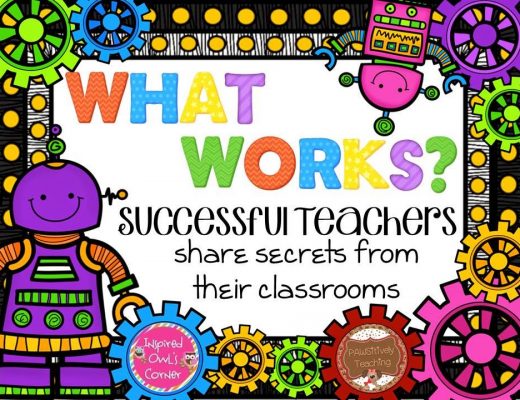


No Comments